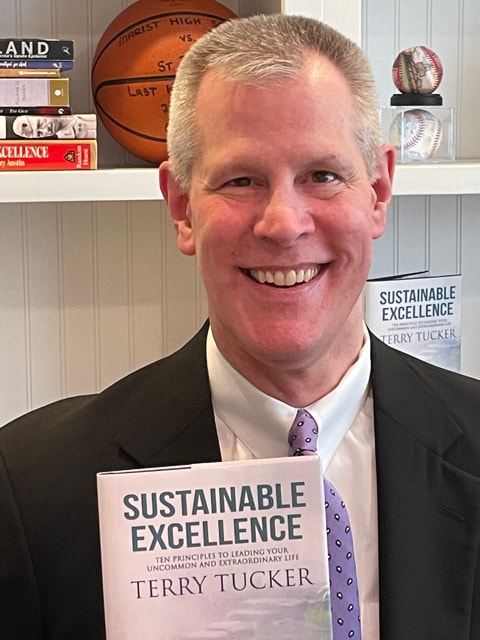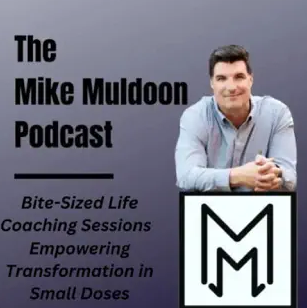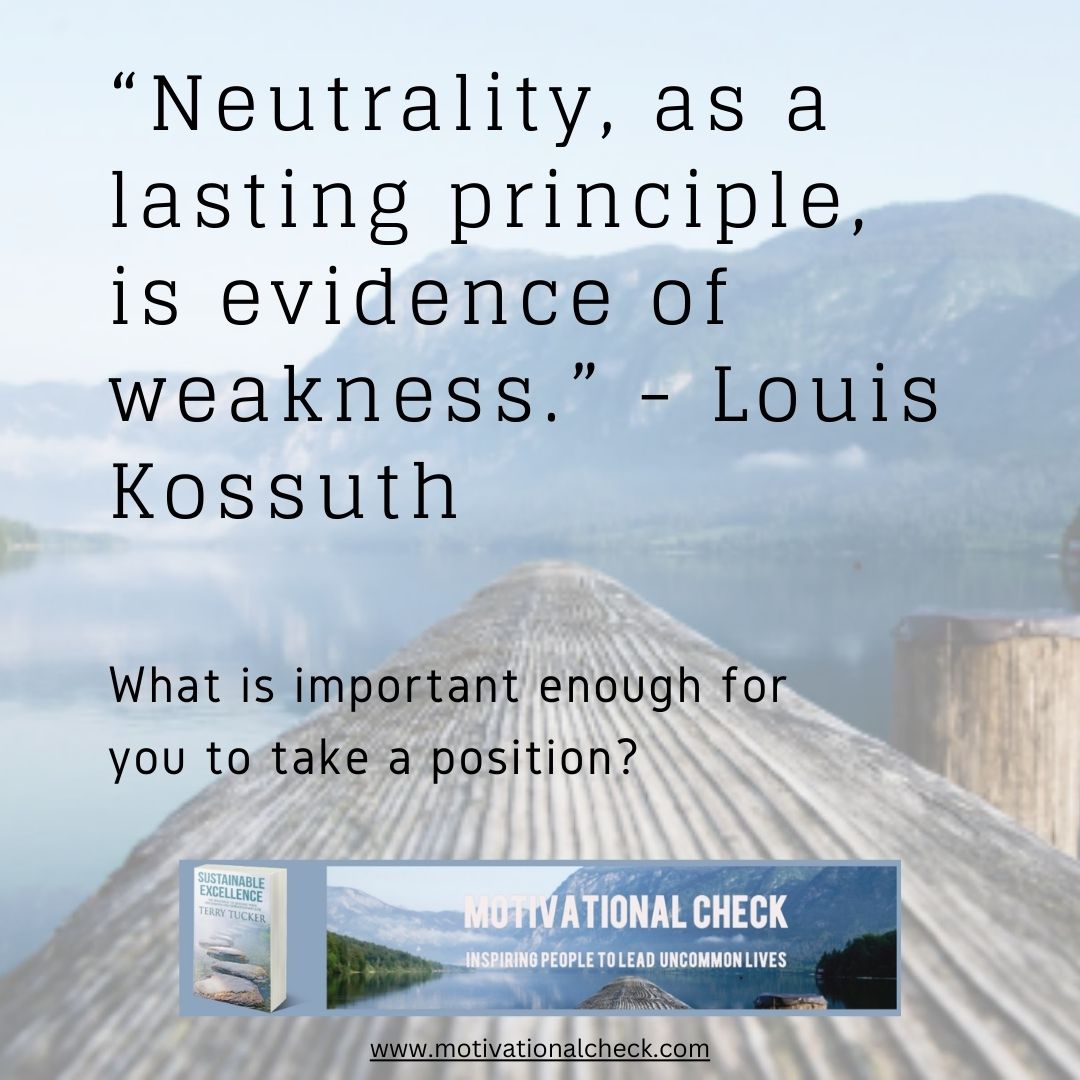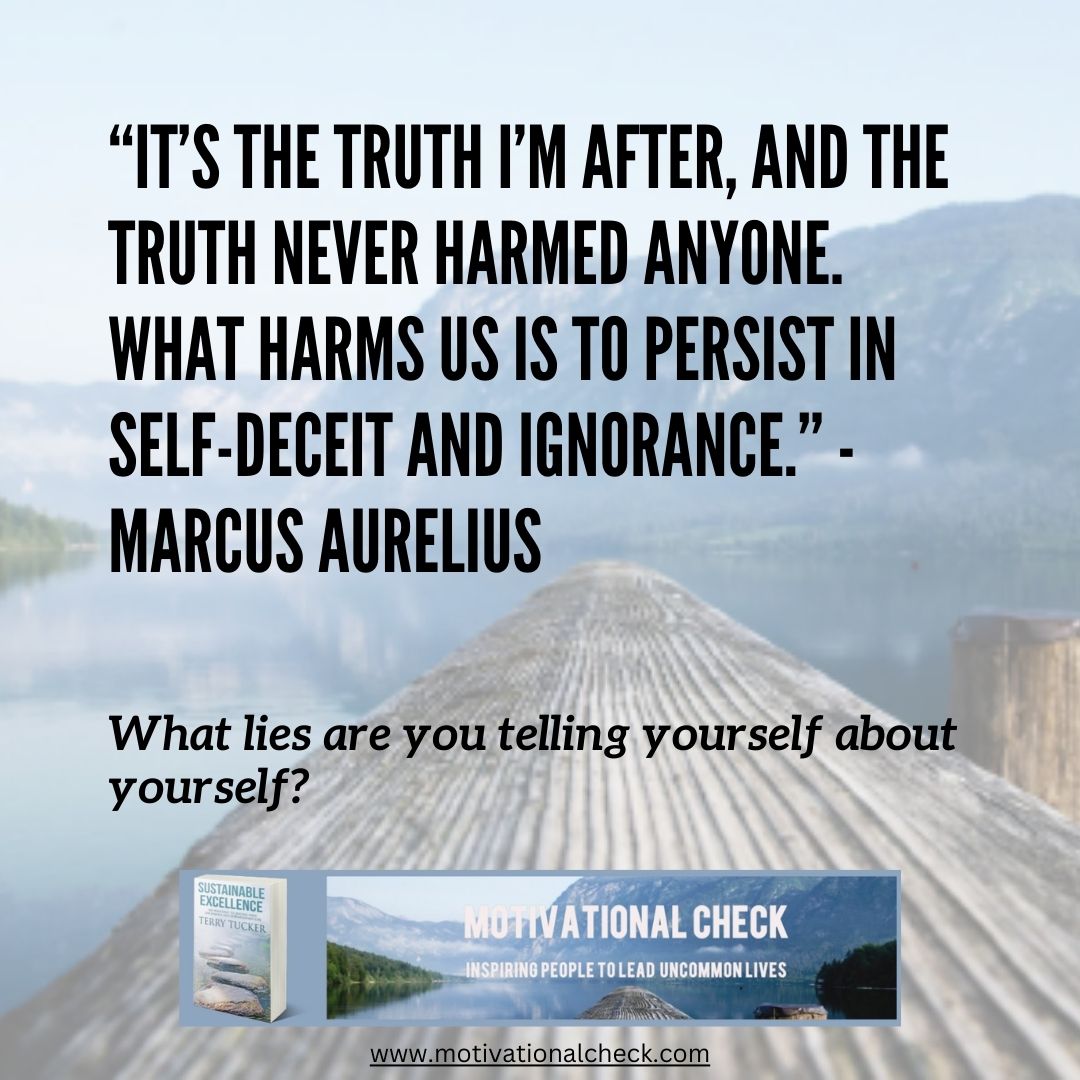|
Please check out my latest YouTube recording from The Mike Muldoon Podcast with Mike Muldoon. You can watch the podcast by clicking on the PODCAST & SPEAKING VIDEOS button at the top of this page and scroll down and click on The Mike Muldoon Podcast tab.
0 Comments
Have you ever been unfairly criticized for what you do or the way you do it? Constructive criticism provides the feedback you need to improve and grow. But how do you handle the criticism people direct toward you when they flat-out lie or stretch the truth to paint you in an unfavorable light? While dealing with liars is never easy, it can be especially difficult when you don't understand why people lie. People lie for many reasons. They can lie because they are sociopaths, because they are jealous or insecure, or because they are trying to protect themselves or someone close to them. According to a study done at the University of Virginia in the mid-1990s, community members averaged one lie per day, while the students averaged two lies per day. More recent research found that, for the most part, lies are not that frequent of an occurrence and that most people are genuinely honest. So how do you handle someone when you catch them lying to you? Most people have a "tell" when they are lying. They use more words than necessary, or they work too hard at making themselves believable by adding too many details. Chris Voss, the former FBI Hostage Negotiator, believes you shouldn't attack liars, you should reassure them. According to an October 7, 2023 article by Sanju Pradeepa and published in Believe In Mind, here are some tips to deal with people who lie about you. 1. It's normal to want to retaliate and want to set the record straight. But confronting the liar or spreading counter-lies will likely worsen the situation. 2. Reach out to anyone who heard the lies directly, explain the situation, and share the truth. Ask them not to spread false information. Be open to answering any questions they might have. 3. You cannot control what others think or say. But you can conduct yourself with character and integrity. Surround yourself with good people who ignore false accusations. 4. If you do feel the need to confront the liar do so directly. Explain specifically what they said was untrue. Stay composed and resist the need to insult them. Accept a sincere apology if it is offered. 5. Create distance from the person who is lying. If you must engage with the person, keep the interaction brief and superficial. 6. If the lie significantly damages your reputation or costs you money, consider taking legal action by consulting a lawyer. While the initial impact of a lie may be damaging, the truth has a way of coming out in the end. By taking the high road, not engaging with the rumor mill, and being honest and transparent with your communication, over time, the people who matter most to you will come to understand what is true. Please check out the video to learn more about how to handle people who lie or unfairly criticize you and leave me a comment about how you would handle someone who lies about you. How would you define character and integrity?
I would define character as a collection of moral and ethical traits or qualities that define or guide how we live our lives. Integrity is the ethical accuracy of our actions by adhering to a moral code of conduct. One of the all-time winningest college basketball coaches, and someone I admired when I was growing up, was John Wooden of UCLA. Coach Wooden had a quote that went like this: "A careful person I want to be, A little person follows me. I dare not go astray, For fear, they may go the same way." Who is observing how you are conducting your life? Who would give almost everything they possess to trade places with you for just five minutes? The following true story, which was written by Hamilton Lindley on February 22, 2021, and published in Thrive Global, illustrates what integrity and character look like. World War II revealed many heroes. One was a naval aviator named Butch O’Hare. His hero story started after he was airborne with the rest of his squadron. Butch looked at his fuel gauge and, to his surprise, saw that the groundcrew had not refilled Butch’s fuel tank. So Butch would not have enough fuel to complete the mission and return to the aircraft carrier. Butch’s commander ordered Burch to return to the ship immediately. He did so grudgingly. As Butch returned, he saw a sight that turned his blood cold. An enemy squadron was racing toward the American ships. With the entire division on a mission, it left the whole American fleet defenseless. Butch had no chance to bring back his squadron, and he couldn’t warn the fleet of impending peril. So Butch decided there was only one thing he could do — divert the enemy from the fleet. Ignoring his safety, he plunged into the Japanese formation, firing his guns as he stunned enemy planes. The Japanese airplanes fired on him from all angles with their fierce machine guns and cannons. Butch just kept moving. After his wing guns emptied all their ammunition, Butch dove his plane towards the enemy aircraft, attempting to clip an enemy wing and send them down in a spiral. Ultimately, the stunned Japanese squadron changed direction. Butch O’Hare returned to the carrier. Once he landed, Butch told of his adventure. And the film from Butch’s gun camera showed the tale. Butch shot down five Japanese aircraft. Butch was the Navy’s first flying ace of World War II. He was the first Naval Aviator to win the Congressional Medal of Honor. Butch was killed a year later, at age 29. Butch’s hometown was proud of his name, and today O’Hare International Airport in Chicago is named for this American hero. Someone is always watching how you live your life. Never give them a reason to question your character or integrity. Please leave me a comment about the importance of character and integrity in your life. Please check out my latest audio recording from The Emotional Man Podcast Part II With Zef Neary. You can listen to the podcast by clicking on the AUDIO PODCASTS & RADIO INTERVIEWS button at the top of this page, then click on the PODCAST INTERVIEWS tab scroll down, and click on The Emotional Man Podcast tab.
Please check out my latest audio recording from The Emotional Man Podcast Part I With Zef Neary. You can listen to the podcast by clicking on the AUDIO PODCASTS & RADIO INTERVIEWS button at the top of this page, then click on the PODCAST INTERVIEWS tab and scroll down and click on The Emotional Man Podcast tab.
Please check out my latest YouTube recording from the Lead To Win Podcast with Bo Bergen. You can watch the podcast by clicking on the PODCAST & SPEAKING VIDEOS button at the top of this page and scroll down and click on the Lead To Win Podcast tab.
If you are responsible for implementing a new product or service, how often do you consult EVERYONE impacted by the change? Is it really necessary to inform and seek feedback from the people most affected by something new? The more people who can review a new product or service before it is implemented, the more perspectives you will get about the best ways to make the idea successful. According to a March 5, 2020 article by Lauren Landry titled, Why Managers Should Involve Their Team In The Decision-Making Process, which was published in the Harvard Business School Online, there are five benefits to involving others: 1. Overcoming Consensus - While it would be great if everyone would agree on every aspect of a new idea, consensus is likely to lead to a lower evaluation of a problem and fewer creative solutions. 2. Increased Staff Engagement - By involving your team in the decision-making process, you are demonstrating that you trust them and they are valuable to the process. This leads to increased employee engagement. 3. Enabling Collaboration and Communication - In a Queens University of Charlotte study, almost 75% of employers rate teamwork and collaboration as very important, yet 39% of employees say their organization doesn't collaborate enough. By involving others in the decision-making process, you foster collaboration and break down corporate silos. 4. Surfacing Your Own Blind Spots - While 95% of people think they are self-aware and know their blind spots, research shows that only about 10 - 15% are. Involving your team in decision-making can help uncover your blind spots. 5. Getting Buy-In From People Involved In The Implementation Process - Trying to implement an idea without input from the people implementing the idea, is a recipe for disaster. Even the most obvious products and services that should be implemented will have an enormous impact on the people involved in making that happen. Consulting them and making them part of the decision process will make it easier to bring a new idea to life. Please watch the video below about other benefits for consulting staff when implementing a new idea and leave me your comments about how you would go about putting a new idea into place. |


Author & SpeakerTerry is a sought after speaker who believes in the power of a story to motivate, inspire, and help others lead their uncommon and extraordinary lives. By combining his twelve-year cancer journey with his diverse business, athletic coaching, and hostage negotiating expertise, he delivers compelling yet relatable presentations for conferences, on-line events, panels, meetings, and seminars. Archives
July 2024
|














 RSS Feed
RSS Feed